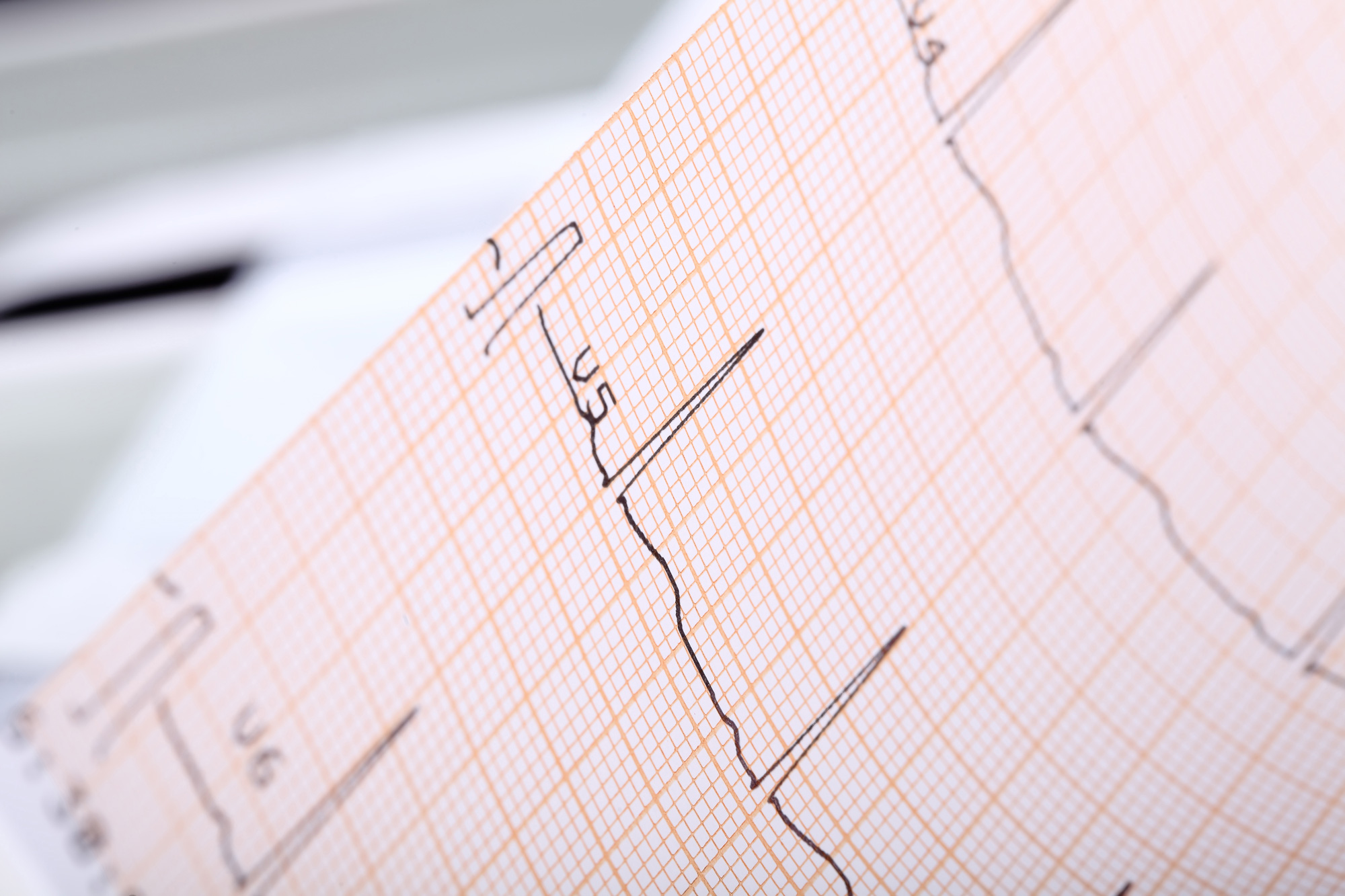Electrophysiology
Custom studies to characterize conduction, refractoriness, and arrhythmia risk
Electrophysiology testing plays a critical role in understanding how compounds influence cardiac rhythm and conduction. At CorDynamics, we offer tailored in vivo and ex vivo protocols to evaluate atrial, AV nodal, His bundle, and ventricular function—supporting both early discovery and regulatory safety programs.
Preclinical Electrophysiology Studies
Electrophysiological studies provide high-resolution insight into how compounds influence cardiac conduction, repolarization, and arrhythmogenic potential. CorDynamics offers both standard and customized models, tailored to the goals of each program—whether exploratory or in response to regulatory holds.
Key capabilities include:
- Atrial and Ventricular Conduction: Assessment of conduction velocity, refractoriness, and inducibility of arrhythmias
- Atrioventricular Nodal Function: AV nodal conduction and refractory period testing, including Wenckebach point and PR interval analysis
- His Bundle Electrocardiography: Direct recording of His potentials to investigate nodal and infra-nodal conduction delays
- Monophasic Action Potential (MAP) Recording: Real-time evaluation of action potential duration and repolarization characteristics
- Programmed Electrical Stimulation (PES): Custom pacing protocols to assess electrical vulnerability, recovery times, and arrhythmia thresholds
Electrophysiology studies are frequently paired with pharmacokinetic sampling to establish PK/PD relationships. CorDynamics also supports advanced study designs where electrical substrates are modified to reveal latent proarrhythmic effects—an approach particularly useful in discovery-phase testing.
Why Choose CorDynamics
CorDynamics has extensive experience conducting high-resolution cardiac electrophysiology studies across a range of models and test scenarios. Our team routinely works with sponsors on discovery programs, safety pharmacology evaluations, and clinical hold responses.
We offer programmable pacing, multi-lead ECG acquisition, and specialized techniques like MAP and His recordings, delivering precise data for conduction, refractoriness, and arrhythmia assessment.
Precision electrophysiology studies that reveal subtle effects and support confident safety decisions.



